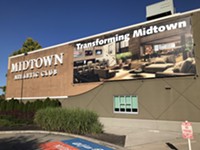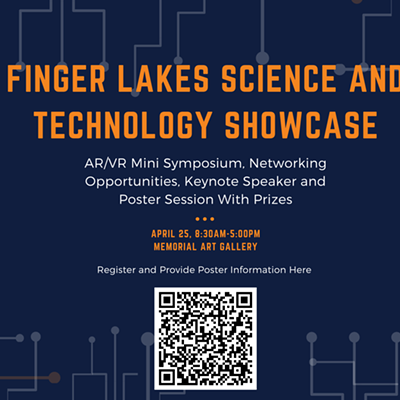[
{
"name": "500x250 Ad",
"insertPoint": "5",
"component": "15667920",
"parentWrapperClass": "",
"requiredCountToDisplay": "1"
}
]
Before there was Wayne LaPierre, there was Charlton Heston. At the 2000 NRA convention, he raised a rifle high over his head, conjured up the straw man of gun confiscation, and declared: "I'll give you my gun when you pry it from my cold, dead hands."
Bluster and intimidation have been important elements in the NRA's strategy. But these are not the NRA's only, or even its most potent, tools. The NRA has aggressively and successfully pursued a strategy designed to ensure that the information needed for rational policy discourse is not available.
Largely through riders attached to unrelated legislation by gun-friendly lawmakers, the gun lobby has prevented the collection or analysis of critical data and has erected barriers to much-needed research on gun violence.
Pushed by the gun lobby, Congress cut firearms safety research funding at the Centers for Disease Control by 96 percent in the mid-1990's and added additional gun research restrictions to that and other agencies. Using the argument that any database could be used for gun confiscation, the gun lobby has also prevented collection of almost all data on gun owners, buyers, and sellers. There are no centralized records of gun dealers, and dealers are not required to inventory their merchandise. Tracing guns used in crimes has been made nearly impossible by legal restrictions on maintaining transaction records.
The NRA's de-information strategy has allowed it to bolster its position with the claim that there is little evidence supporting specific gun-reform policies. It is more than ironic that those who fight on the false front of gun confiscation do so by trying to confiscate our knowledge, our reason, and our ability to understand. This is, though, just one skirmish in a growing war over the value and power of information.
A new front opened just recently. The bill to fund the US government through the summer was amended to include a provision that bars the use of National Science Foundation funding to support research in political science unless that research promotes national security or serves US economic interests. One can only imagine the range of research topics that cannot receive taxpayer support.
If not new, we are, at least, in unfamiliar territory – made so by stealth strategies. These assaults on access to information have nothing in common with better-known anti-science arguments, such as those made by advocates of teaching creationism in schools, or those who reject evidence of climate change. The warriors for de-information are not deniers of science. They are instead its truest believers. They understand the power of science, and they fear it. Their goal is not to deny science but to deny access to it.
It is not coincidence that the effort to limit research and restrict access to information comes at a time when the technology for collecting, analyzing, and disseminating information is expanding at a pace unparalleled in history. While the quantity of available information and the speed at which knowledge accumulates are new, the problems these pose, for some, are not. Those who want to limit research and reduce access to information want to do so for the same reasons Galileo was excommunicated and imprisoned for usurping the priestly power to decide the center of the universe. That challenge to power was what was revolutionary about the "scientific revolution," and it's what is truly revolutionary about the "information revolution" today.
The stakes are high. Rational policy on guns, and on everything else, requires information. But by itself, the cold clinical sweep of that idea assumes the power of information, but ignores the power that it challenges. Little did we know that the real fight was over access to facts rather than how we interpret and understand them, and what conclusions should be drawn from them. It is the search for truth that must be protected now, because it is a revolution that some seek to confiscate.
John Klofas is professor of criminal justice at the Rochester Institute of Technology. Mary Anna Towler's Urban Journal returns next week.
The NRA's attempt to limit research is just one skirmish in a growing war over the value and power of information.
Speaking of...
-

Feedback 8/21
Aug 21, 2019 -

Adults fail on gun control; children pay the price
May 14, 2019 -

Feedback 3/14
Mar 14, 2018 - More »
Latest in Columns
More by John Klofas
-

A Starbucks grande plan for reducing racism
May 15, 2018 -

Guns, criminal justice, and a national agenda
Dec 26, 2012 - More »






